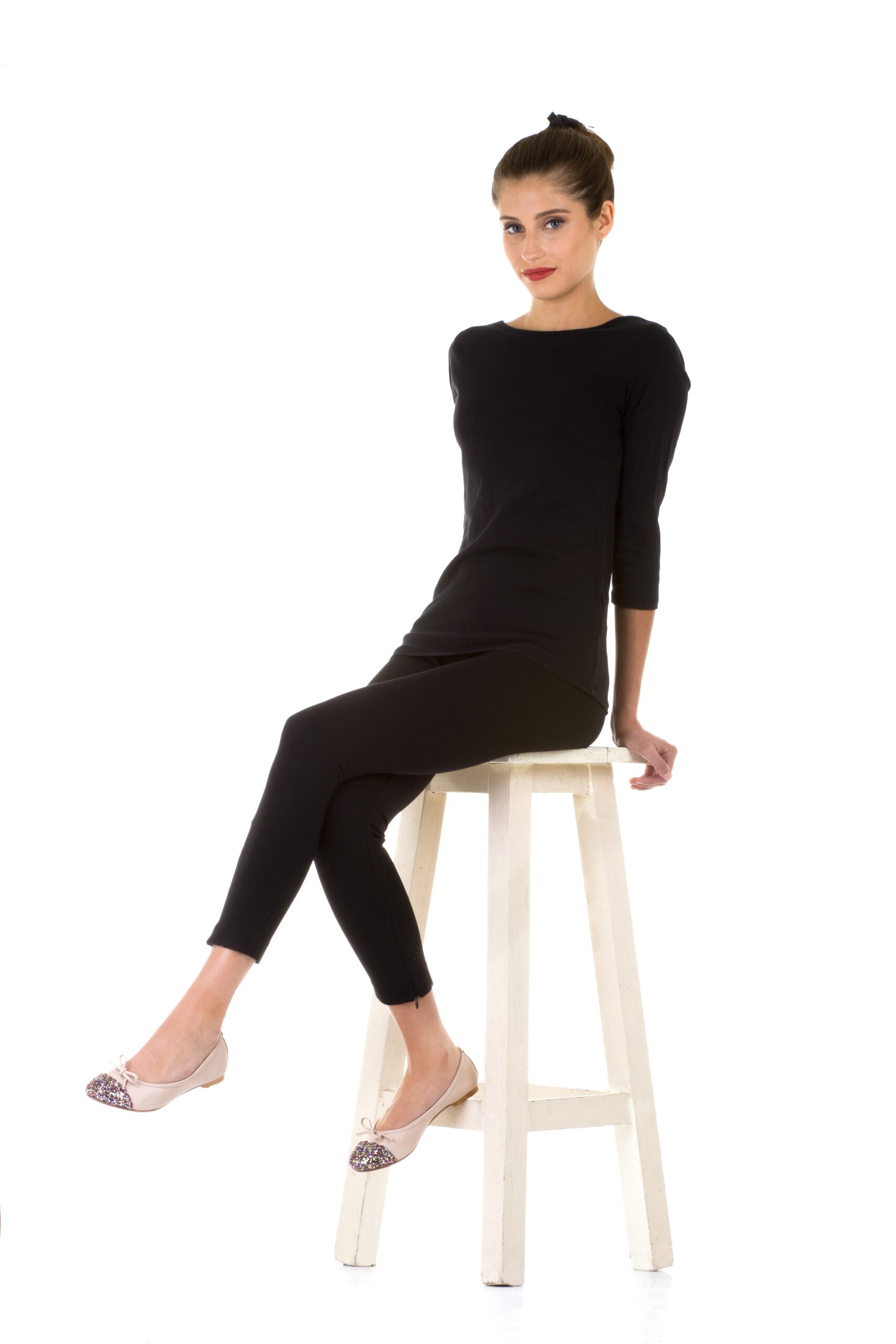Responsability

The choice of materials to make our products are based on four concepts:
Visual and tactile quality, durability and resistance, price and environmental impact.
These four concepts are present throughout our manufacturing process to achieve a high quality product at a reasonable price.
Much of our raw material is of natural origin and only 10% is synthetic
When possible, we choose materials that leave the least possible mark on the environment.
It is important to understand that there is no material with zero footprint in the environment.
Every process, from animal husbandry, seed planting or any process generates waste, carbon footprint and uses resources such as water and land extensions
WE USE CURED LEATHERS WITH VEGETABLE PIGMENTS, NOT PURCHASING CURED LEADS TO CHROME.
What is Le Loup’s position regarding the use of animal derived materials?
We do not use skins, leather of exotic animals or in extinction. The leathers used by our tanneries come from animals that were raised for the food industry, from which the tanneries recycle their skin. We do not agree with animal abuse.
What is vegetable tanning? We use it?
The leather is obtained after a tanning process, it consists of making the leather a softer material, it is a process that is done in trays to soften it.
What are the specific measures they have taken to make fashion more ecological?
Since its birth, Le Loup has as its mainstay the care of the environment. Each product is thought from the vision of generating the least possible environmental impact.
We have done advice on the environment with specialists and we are in the process of overcoming every day.
Can a brand be 100% sustainable?
It depends on your definition of “sustainability” and the accompanying challenges:
Water pollution, CO2 emission, use of natural resources, etc.
Unfortunately, there is no single solution for all these problems. Any type of production has an impact on the planet, including that made by the fashion industry.
Sustainable fashion means weighing the pros and cons, and finding the best possible solutions.
The manufacture of synthetic fibers results in waste. In addition, these fibers are not biodegradable and generate CO2 emissions at the end of their cycle. Artificial fibers such as viscose contribute to deforestation, even without FSC certification created to limit its effects. Leather can be renewable and simply a byproduct of another industry (food), but livestock farming has a large carbon footprint. We must avoid these limitations and focus on the production of durable clothing, developed along a production chain as sustainable as possible. We must return to give value to artisanal manufacturing and with conscious scales.

